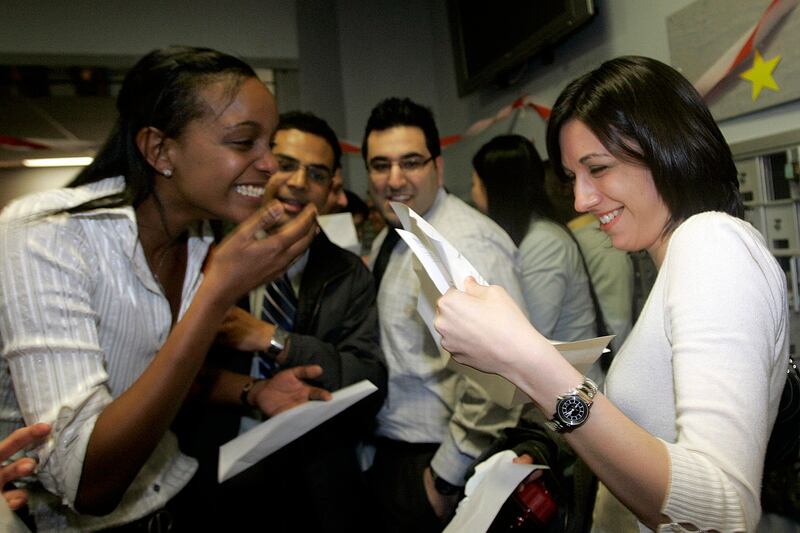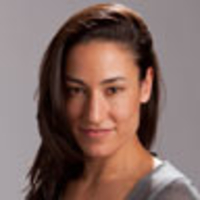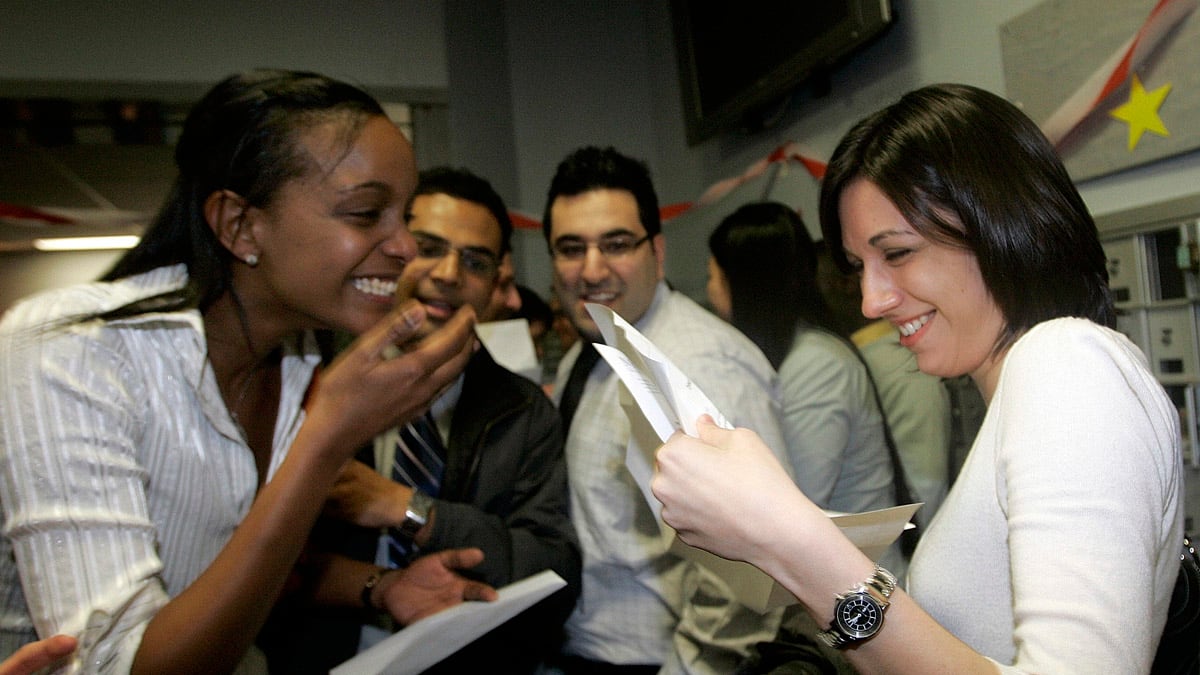Yesterday, at noon EST, 9 a.m. in the West, the annual moment of truth arrived for America’s graduating class of medical students.
It was the infamous occasion known as Match Day, when medical students find out—in one blood curdling instant—where they will be going for the next phase of their training: the specialized program known as residency.
They’re already well into their 20s at least, but they must submit to the system and cede a good deal of control over their lives.
In the lead up to this day, each student lists, in order of preference, the residency program that he or she would like to attend. Meanwhile, each residency program ranks its applicants in order of its own preferences. A merciless algorithm compares the two sides and places each student in the program he or she most desires, provided the program also desires that student.
That one program is unveiled for each medical student on Match Day.
It is one of the few pure, unadorned dramas to be regularly found in professional life. Every fantasy and fear that a medical student has harbored for four years—longer—is compressed into one surreal encounter with an envelope.
The tradition resists change.
This year, at Columbia Medical School, on the Upper West Side of Manhattan, two women stood in a corner of the appointed room. It was approaching noon. They were arranging the fateful envelopes into careful rows on two tables. They were hidden behind a Japanese screen. They were interrupted there by a noisy reporter, who was surprised to discover that the envelopes weren’t sealed.

“So you guys already know?”
“Oh, we know.”
“And?”
“We think this is going to be a pretty happy class.”
On the other side of the room, three girls in their 20s huddled nervously together.
Suchita Shah, 24, was applying for internal medicine and hoping, she said, for the University of Pennsylvania.
In the center of the room, on an otherwise bare table, lay an enormous pile of fortune cookies.
It seemed an ironic touch—so ironic, in fact, as to border on cruel.
A few minutes later, however, giant platters of Chinese food were wheeled into the room to complete the buffet.
Some in this class came with parents, others with babies. Friends appeared for moral support. Medical students in their first or second year appeared in white coats to gawk from the doorway.
Dr. Lisa Mellman, the petite, warm-spirited blonde dean of student affairs at Columbia Medical School, had learned each student’s fate the day before. Of course, she had revealed nothing. To do so would be to violate a ritualized omerta, a rite of passage in American medicine.
At 11:59 a.m., Mellman led the countdown. Ten dwindling seconds of ignorant bliss. Then a rush of students propelled itself toward the table in the corner.
The ensuing reactions were of all kinds, and pitched at all tenors.
There were screams and embraces. For the next 45 minutes, there were very few behaviors that would have been inappropriate. It was carte blanche for emotional expression. One preppy guy from Connecticut kept his cool. Not so the rest of the crowd. There was squealing, shouting, and singing. There was leaping about. There were sobbing embraces that went on for minutes.
A group of mostly young men stood in a contented semi-circle, posing for photos. These were the orthopedic surgeons to be, and they tended toward the brawny side, except for one glamorous blond in their midst.
Orthopedic surgery is one of the most competitive specialties in medicine today, because it is lucrative and, as one of the would-be surgeons put it, “the O.R. has a happy feeling.” Most orthopedic surgeries are not life and death.
Whereas in neurosurgery, another extremely competitive specialty, it’s “really easy to kill someone.”
Before the envelopes were even opened, there was chatter about the most unfortunate members of the class. Earlier that week, on the Monday prior to Match Day, everyone had learned their first big piece of news: whether or not they had matched at all.
Failing to match is what must be described as the worst-case scenario. In medical-school language, what you’re dealing with here is the SOAP (supplemental offer and acceptance program). This is the acronym that describes the four-day hell you have entered into when you discover that you have no place to go next year.
The SOAP—formerly known as the scramble—involves flying frantically around the country to interview for whatever spots have been left unfilled by the matching process. Sometimes it’s necessary to give up the specialty you’d been planning on—not to mention the location.
At Columbia, 100 percent of last year’s graduating class matched right off the bat; this year, there were a few stragglers, but by Match Day itself, according to Mellman, everyone had found a slot, and, moreover, everyone had found a slot in their desired specialty. Geography, though, was another matter.
There were tears. Tears were definitely on view. But on the whole, it seemed, this crowd was a charmed crowd. People were happy. They’d gotten first or second choices.
Jason Dukes, 29, had his mother and his fiancé—a first year resident at Columbia—by his side. He’d applied for internal medicine.
His mother opened the envelope for him.
“By that point, I was at peace with it,” he said. “I’d told myself that whatever the envelope said, that’s where I was meant to be.”
His mother read the verdict out loud. He’d gotten into Cornell, his top choice. They were going out to the movies to celebrate.
Of course, those who found devastating news in their envelope most likely did not stick around to endure the shrieks and hugs.
Dukes’s classmate Suchita Shah got her number-one choice, too—internal medicine at UPenn.
Shortly after making this discovery, she could be found on a couch, “texting everyone I’ve ever met,” she said.
“It’s great to get to interact with your classmates like this,” she said. On a typical day, she said, “there’s no shrieking.”





